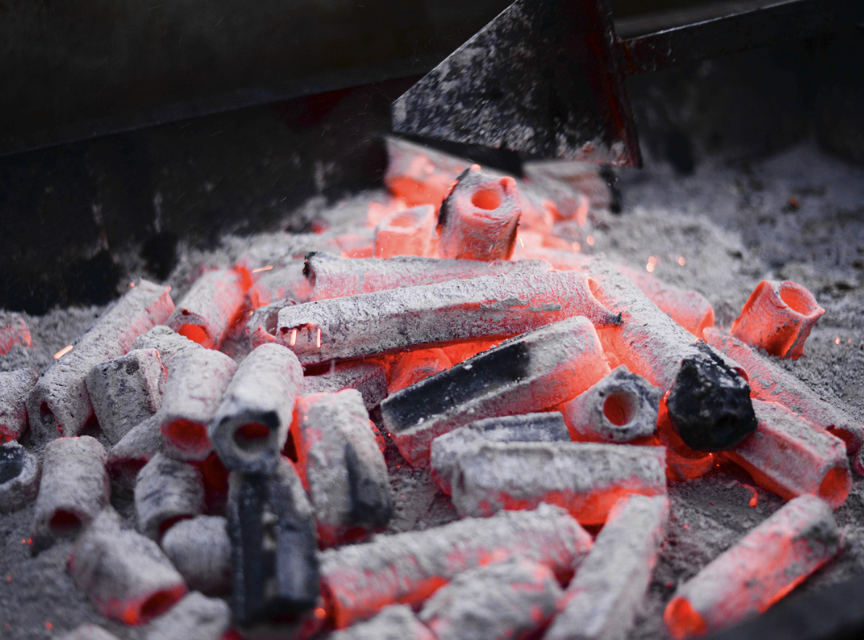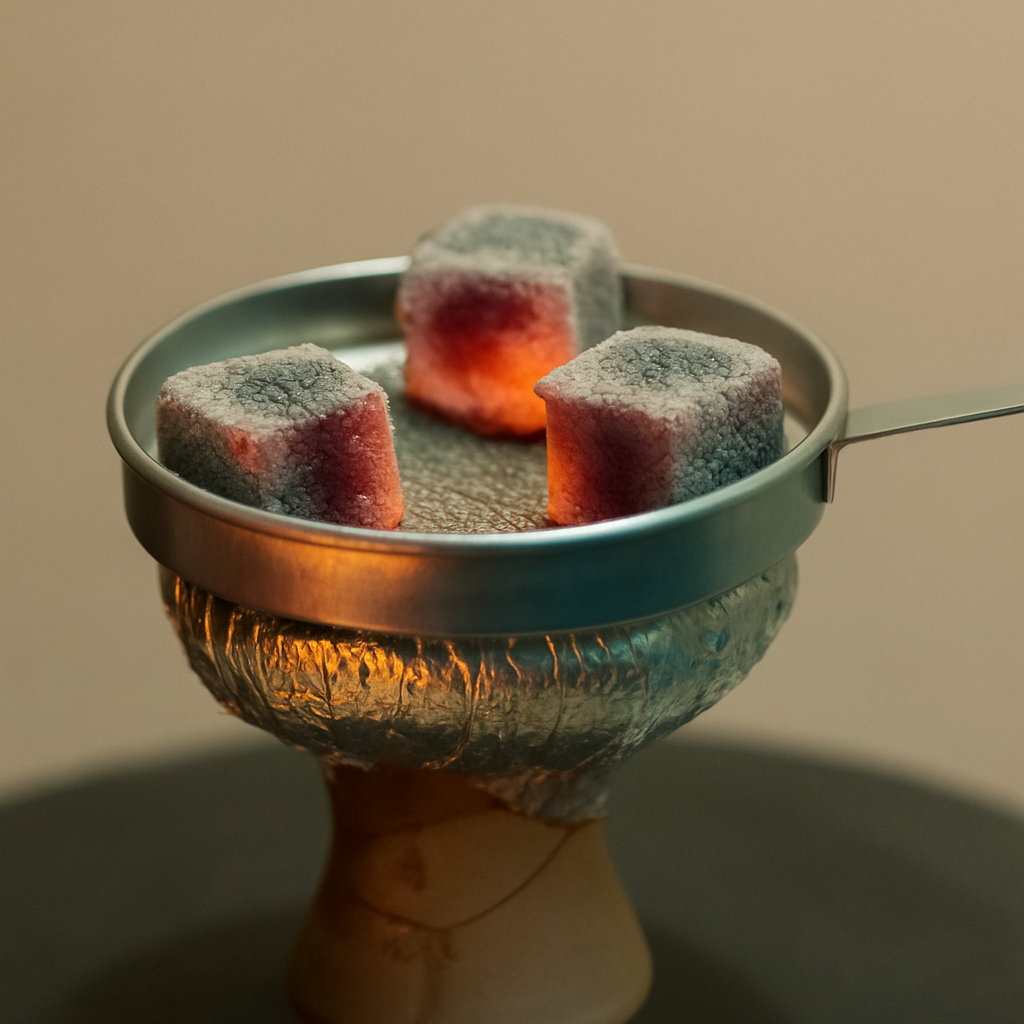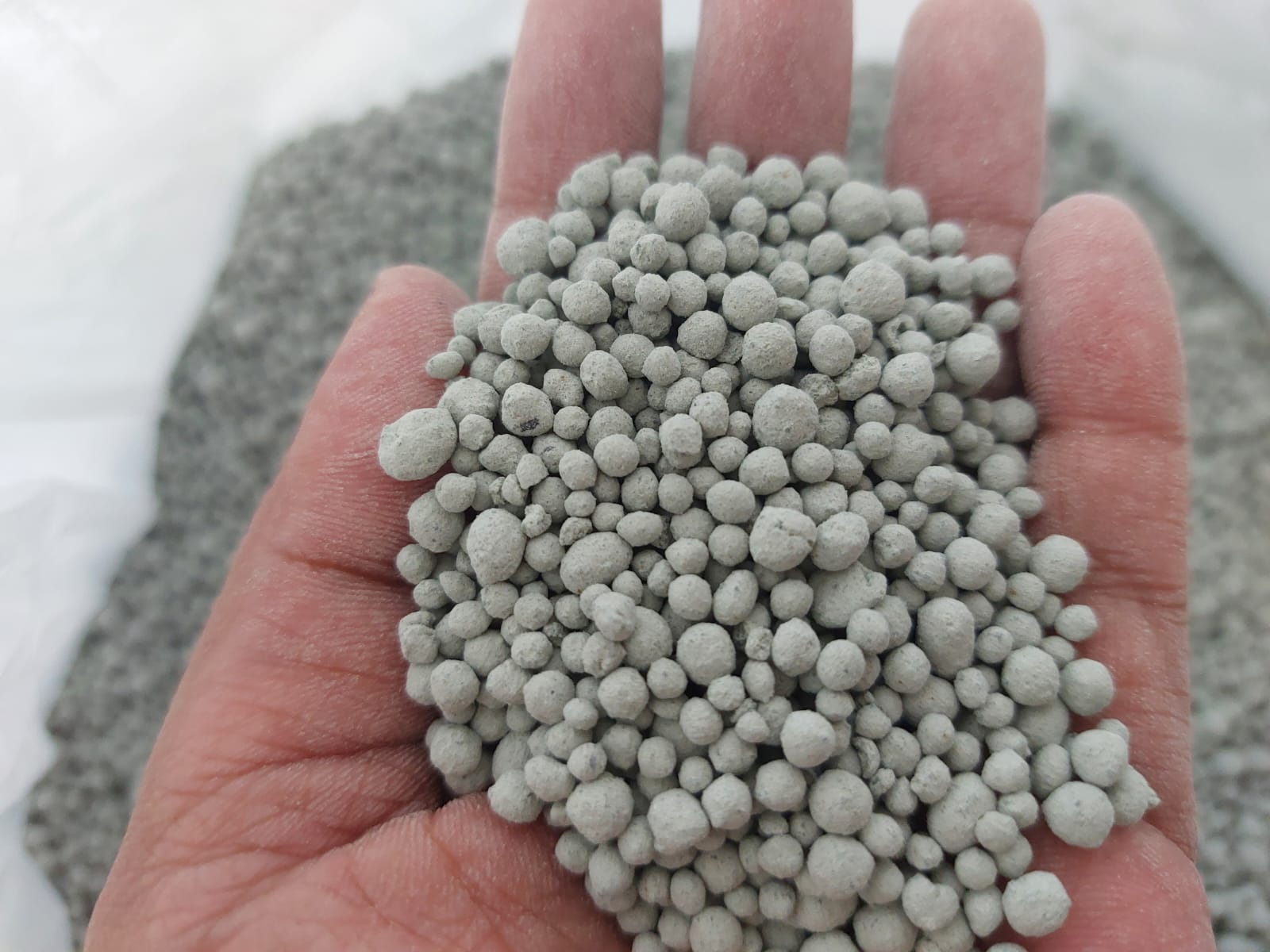
From Grill to Green Energy: How Indonesian Coconut Shell Charcoal Shapes BBQ and Industry
What is Coconut Shell BBQ Charcoal?
Coconut shell charcoal is more than just fuel — it's proof of how agricultural waste can be transformed into clean energy for the future. Produced from discarded coconut shells, a natural byproduct of Indonesia's vast coconut industry, this charcoal takes what would otherwise be waste and turns it into a high-performance, eco-friendly fuel trusted worldwide.
With its high calorific value, coconut charcoal burns hotter and longer than traditional wood charcoal, delivering steady heat with minimal smoke and low ash output. This makes it not only cleaner for the environment but also healthier for people cooking or grilling. Unlike coal, which contributes to deforestation and heavy pollution, coconut shell charcoal is renewable, sustainable, and abundant, making it a cornerstone of the global shift toward green energy.
Today, it is widely used for BBQ grilling, restaurants, and industrial applications, proving that a simple coconut shell can power both delicious meals and a more sustainable future.
Key Applications of Coconut Shell BBQ Charcoal
1. BBQ & Cooking Fuel
For barbeque enthusiasts, restaurants, and professional chefs, coconut shell charcoal is transforming the grilling experience. Its consistent high heat ensures food cooks evenly without unwanted flare-ups, while its low ash residue and extended burn time make cooking more efficient and cost-effective. Unlike traditional fuels, coconut charcoal enhances flavor while supporting cleaner air and reduced waste. As a result, households, restaurants, and catering businesses are increasingly choosing coconut shell charcoal for a premium grilling solution that combines authentic taste, performance reliability, and long-term sustainability.
2. Industrial Fuel / Energy Production
In modern industry, energy efficiency and sustainability are critical priorities. Coconut shell charcoal is increasingly being adopted to fuel kilns, boilers, and furnaces, offering companies a renewable and eco-friendly alternative to coal. With a high calorific value, it delivers efficient combustion that reduces overall fuel consumption, while its low-emission profile supports cleaner operations and compliance with international green energy standards. For industries seeking to reduce carbon footprints without compromising performance, coconut shell charcoal provides a cost-effective, sustainable, and reliable energy source.
3. Charcoal Briquette Production
One of the fastest-growing applications of coconut shell charcoal is in briquette manufacturing. When blended with natural binders such as starch, it can be processed into uniform, high-density briquettes that are easy to package, store, and export. These briquettes burn longer, cleaner, and hotter than traditional lump charcoal, making them highly desirable for both domestic and international markets. For manufacturers, coconut shell charcoal serves as a sustainable and cost-effective raw material, forming the foundation of a rapidly expanding global briquette industry.
Why Buyers Choose Coconut Shell BBQ/Barbeque Charcoal
Coconut shell BBQ charcoal is gaining global recognition as a premium fuel for grilling and cooking. In households, restaurants, and catering businesses, it is prized for its consistent high heat, long burn time, and very low ash production, which ensures cleaner cooking and authentic flavors without smoke or flare-ups. Unlike traditional lump charcoal, coconut shell BBQ charcoal delivers a steady and efficient burn, making it the preferred choice for both backyard enthusiasts and professional chefs. Beyond culinary use, it also serves as a reliable raw material for briquette manufacturing, where its uniformity and calorific strength allow producers to meet international demand for high-performance briquettes. With its eco-friendly production process and renewable origins, coconut shell BBQ charcoal is not only redefining the grilling experience but also setting new standards in sustainability for the global fuel market.
Forms of Coconut Shell Barbeque Charcoal & Recommended Usage
Coconut shell charcoal comes in multiple forms, each tailored for specific applications across industries. For BBQ and cooking fuel, briquettes and logs are the most popular formats, offering easy ignition, long burn times, and minimal smoke—ideal for households, restaurants, and catering businesses that demand consistent grilling performance. In industrial fuel and energy production, loose coconut charcoal or pelletized forms are used in kilns, boilers, and furnaces, delivering high calorific value and efficient combustion as a renewable alternative to coal. For charcoal briquette manufacturing, powdered or granular coconut shell charcoal provides uniform density and quality, allowing producers to create premium-grade briquettes that meet strict international standards. Finally, in soil amendment and horticulture, finely ground coconut charcoal, also known as biochar, enhances soil fertility, improves moisture retention, and strengthens soil structure, making it valuable for farmers and horticulturists. With this versatility, coconut shell charcoal proves to be more than just a fuel—it is a sustainable solution powering the global market from kitchens to industries and agriculture.
Typical Product Specifications
Coconut shell BBQ charcoal is sourced from 100% natural coconut shells, a renewable byproduct of the coconut industry, making it both eco-friendly and sustainable. With a moisture content below 8%, the charcoal ensures efficient ignition and consistent combustion. Its low ash content of less than 3% provides a cleaner burn compared to traditional wood charcoal, reducing residue in both household and industrial applications. The material has a bulk density of 0.5-0.65 g/cm³, giving it strong structural durability for briquettes and logs. Delivering a high calorific value of 7,000-7,500 kcal/kg, it burns hotter and longer, making it highly efficient for cooking, grilling, and industrial energy use. Depending on the application, particle size can be finely ground for briquette production or left coarse for BBQ logs and industrial combustion. These specifications make Indonesian coconut shell charcoal a premium, export-ready product, trusted worldwide for its reliability, performance, and sustainability.
Why Source Coconut Shell BBQ Charcoal from Indonesia?
Indonesia stands as one of the world's leading suppliers of coconut shell charcoal, thanks to its vast coconut plantations and high-quality raw materials. Unlike wood-based charcoal, coconut shell charcoal is produced from renewable agricultural waste, ensuring an eco-friendly and sustainable energy source. Buyers choose Indonesian charcoal for its cost-effectiveness, high calorific value, and consistent low-ash performance, making it ideal for BBQ, grilling, and industrial applications. The industry also offers flexibility in form—from powder for briquette manufacturing, to ready-made cubes, logs, and biochar—meeting the demands of diverse markets across the Middle East, Europe, the USA, and Asia. Backed by professional packaging, certification, and export documentation, Indonesian coconut shell charcoal is recognized worldwide as a premium, export-ready product that powers both the food and energy sectors with reliability and sustainability.

